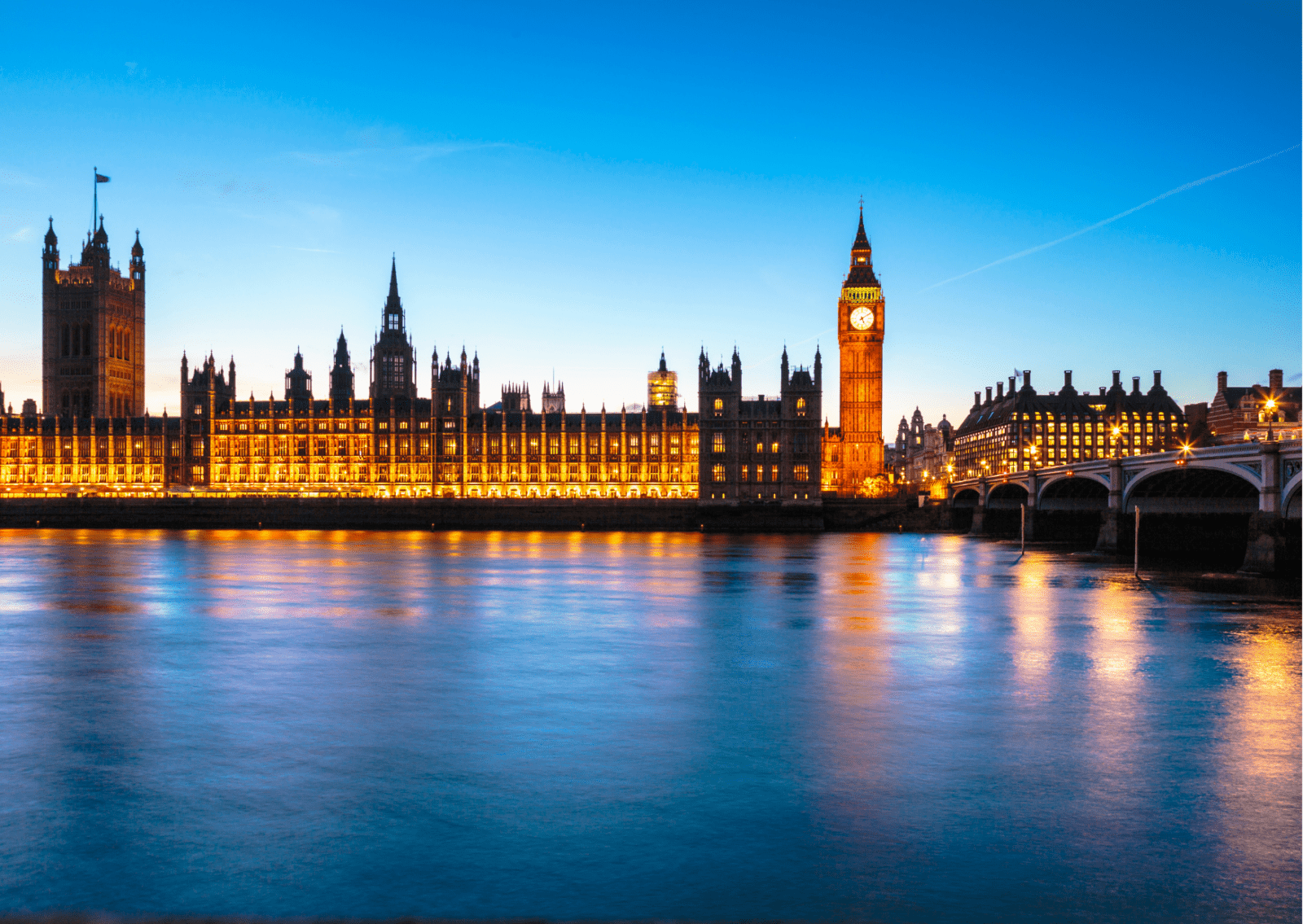In the latest Queen’s Speech, the Government has reiterated its plans to introduce radical rental reforms – most notably the scrapping of Section 21, so-called ‘no fault’ evictions.
Prince Charles delivered the speech, deputising for the Queen, who was resting on health grounds. While it was relatively short and to the point, and only briefly mentioned housing and planning, details released just after the speech fleshed out the Government’s plans to level up, with rental reform forming a key part of this.
The Government will bring forward a Bill to abolish Section 21 evictions, ‘giving renters better rights when they are told to leave despite complying with the terms of their tenancy’.
There will also be additional reforms of landlords’ grounds for possessions to provide them with greater powers to tackle repeated rent arrears or anti-social behaviour among tenants – an attempt by the Government to appease angry landlords concerned about the decision to scrap Section 21.
Furthermore, a new ombudsman for private rented landlords will ensure disputes can be quickly resolved without going to court.
The Government insisted these reforms will help more people own their own homes. It also said The Leasehold Reform Act 2022 will come into force on June 30th and claimed this will – amongst other things – prevent landlords from charging ground rent for new long residential leases. It will also mean banning new leasehold houses to ensure that all new homes built are freehold as the Government continues its long-term efforts to tackle the ongoing leasehold scandal.
Elsewhere, Boris Johnson also pledged to ensure that more local people benefit from housing developments and have greater power to shape their local area planning decisions.
Lastly, a social housing regulation bill will be designed to tackle rogue landlords.
The Government later provided fuller details of the Rental Reform Bill. In summary, it will:
- Remove Section 21 of the Housing Act 1988, providing, in the Government’s words, “security for tenants in the private rented sector and empowering them to challenge poor practice and unfair rent increases without fear of retaliatory eviction.”
- Reform possession grounds for landlords, “introducing new and stronger grounds for repeated incidences of rent arrears and reducing notice periods for anti-social behaviour, ensuring that they can regain their property efficiently when needed.”
- Apply the legally binding Decent Homes Standard in the Private Rented Sector for the first time, giving tenants safer, better quality and better value homes.
- Introduce a new Ombudsman for private landlords “so that disputes can easily be resolved without going to court, which is often costly and lengthy, and ensure that when residents make a complaint, landlords take action to put things right.
- Introduce a new property portal to help landlords understand their obligations, give tenants performance information to hold their landlord to account, and aid local authorities.
The Government also said it would shortly publish a White Paper –– which it says will set out more detail on proposals for ‘landmark reform in the private rented sector’. This was initially meant to be in spring before seemingly being postponed to autumn
When will rental reform actually take place?
As eagle-eyed observers will remember, this isn’t the first Queen’s Speech in which the Government has pledged rental reform and the scrapping of Section 21 – the same thing happened in 2019 and 2021, too.
Since then, little progress has been made, although the pandemic, the aftermath of Brexit, the cost-of-living crisis, and the war in Ukraine have all played their part in keeping parliamentary time at a premium.
The reforms were also mentioned in the wide-ranging Levelling Up White Paper earlier this year when it was said that the reforms would be fleshed out further in a White Paper on Rental Reform. The Government has now said that White Paper will be released shortly but hasn’t provided any firm timetable, so it remains somewhat vague as to when it might see the light of day.
While the Queen’s Speech reconfirmed the Government’s commitment to rental reform, there still isn’t a firm timetable for its introduction.
With parliamentary time likely to remain at a premium for the foreseeable, it could still be a while before rental reform is introduced. Still, in this latest announcement, there was no mention of a compulsory landlords’ register or lifetime deposits, so it may be that the Government is aiming for more pared-down reforms, which are easier to implement and less likely to generate fierce opposition.
For landlords, agents and tenants, fixed dates for these changes would be welcome, but it seems unlikely to happen anytime soon.

